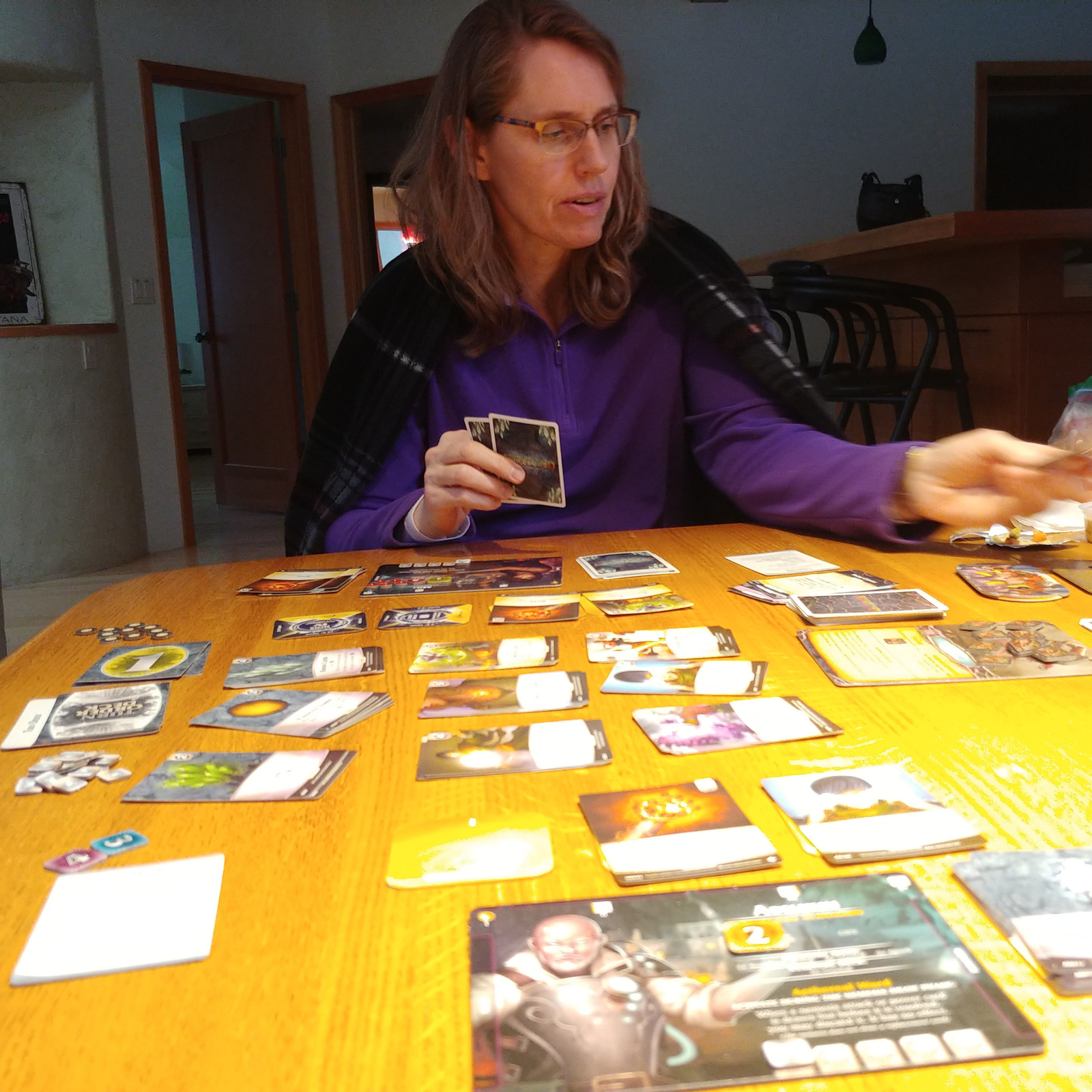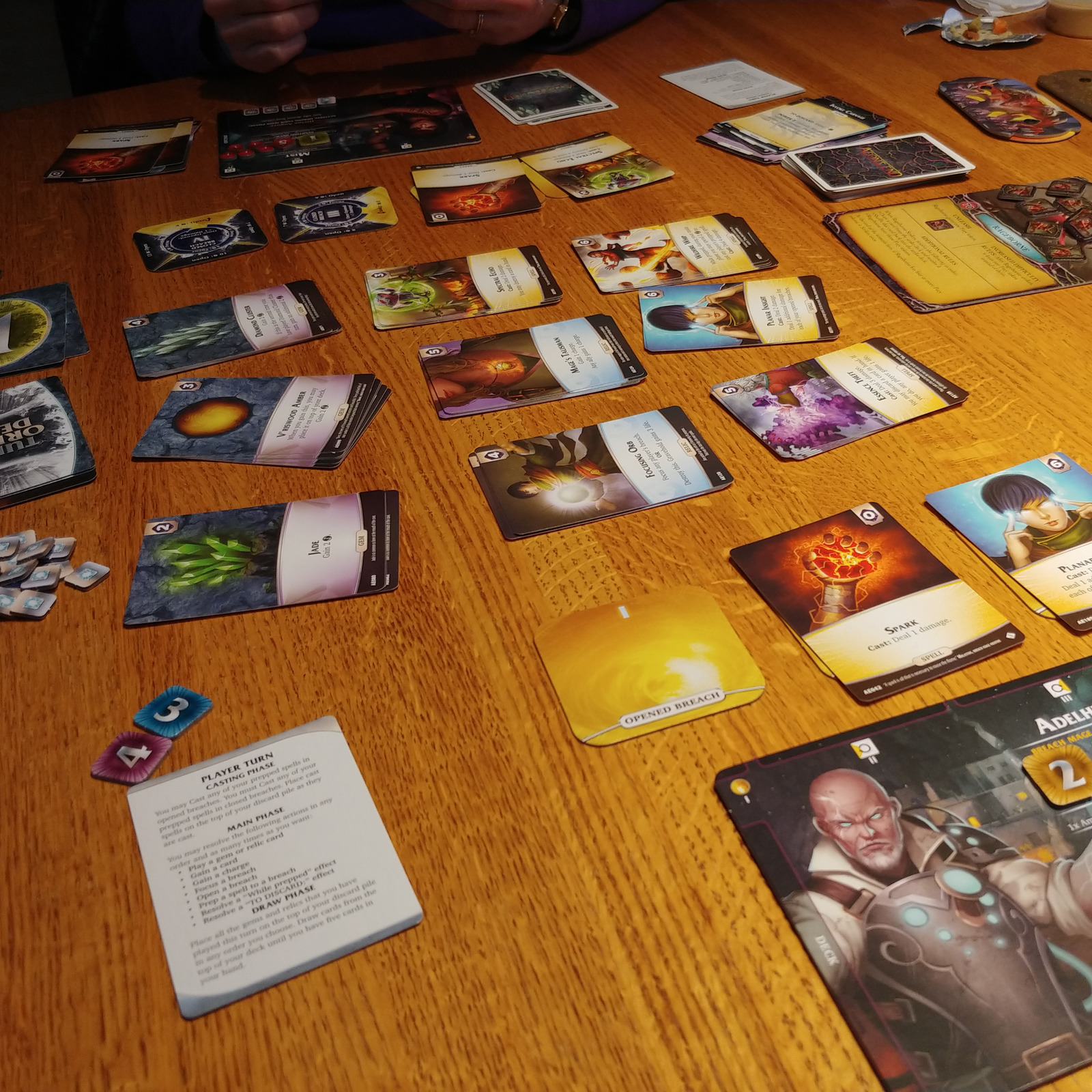“It ain’t what you don’t know that gets you into trouble… it’s what you know for sure that just ain’t so.”
— Mark Twain
Everyone knows carrots are good for your eyesight, right?
Well, during World War II the British had advanced radar technology to the point where they could identify incoming German aircraft. But they didn’t want the Germans knowing about the technology, so the Ministry of Food (yes, that’s a real thing) fabricated propaganda stories that said the British pilots’ exceptional eyesight was because they ate a lot of carrots.
Why carrots? Because they grow in abundance in Great Britain, and the government wanted to encourage people to eat them. Also, they’re healthy.
Mission accomplished! Carrot consumption went up, and from that day forward, everyone thought carrots helped your vision.
While it’s true that the beta carotene in carrots is converted to vitamin A by your body, which in turn is helpful for eyesight, any substantial improvement would require consuming so many carrots that your skin would literally turn an orangish-yellow. And that amount of vitamin A may actually end up being unhealthy, because it can also cause liver problems.
So, don’t be so sure about things you’ve heard…
… because it turns out the story about the British carrot propaganda machine was made up, too. Oh, and there’s no proof Mark Twain actually said that, although it’s generally attributed to him.



